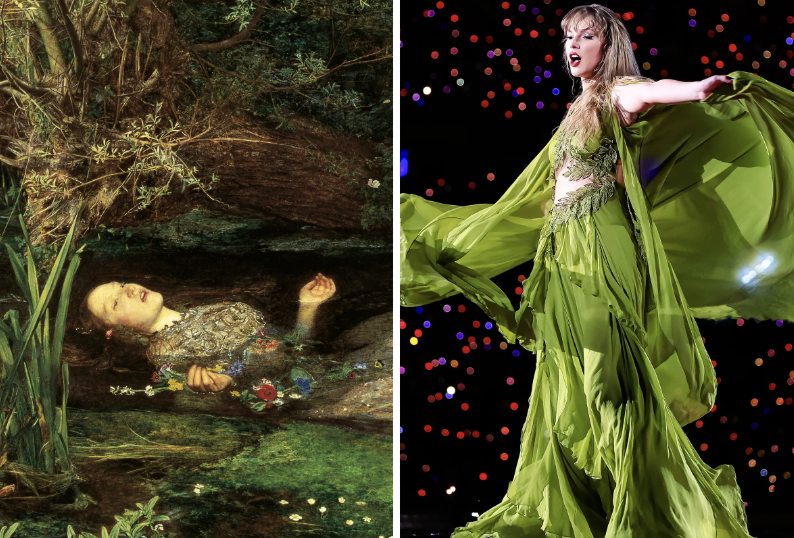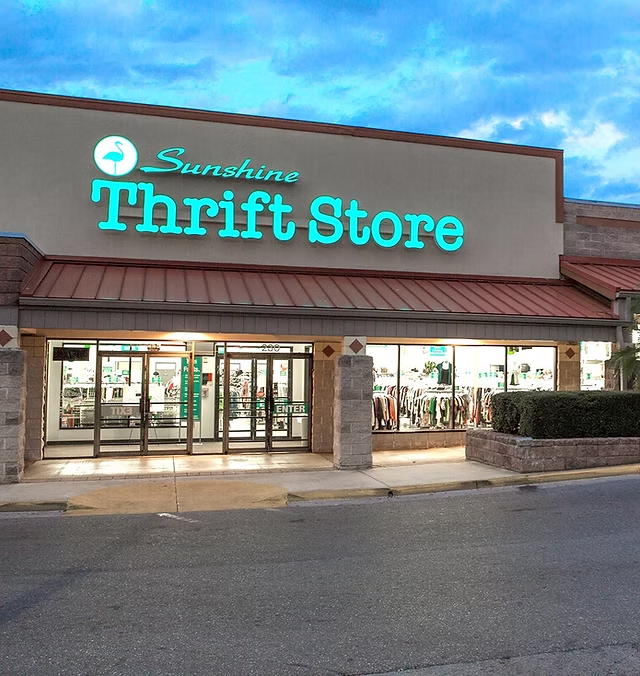Valentine’s Day Is No Longer About Love, It’s About Obligation and Gifts
Chocolates and flowers are societies ways to express love on Valentine’s Day, but spending money doesn’t scream love.
Photo Janiece Mitchner
Should you ask your significant other to be your valentines?
February 8, 2023
Valentine’s Day is a celebration of love and affection. However, the present meaning of the holiday has evolved over time. It has now become a day when love must be conveyed visibly, physically and materialistically through flowers, chocolates, jewelry and other gifts. It is normal to enjoy being showered with love and affection, but Valentine’s Day, in particular, functions as a requirement of the relationship and society as a whole.
The day is costly and daunting and some may even dread this supposed holiday about love. The temptation to buy pricey Valentine’s Day gifts may be overwhelming, as stores all over the world are packed with anything and everything that even faintly represents “love,” with bonus points if it is red or pink. People may feel compelled to outdo one another in terms of gifting, which can lead to emotions of competitiveness, insecurity and inadequacy. This can also be financially burdensome because many people feel the need to buy expensive presents to demonstrate their love, but many may not be able to afford them.
Even without pricey purchases, the stigma surrounding Valentine’s Day can give individuals trouble since it has become a ritual created by society one feels like they must follow, whether they like it or not, in order to prove their love. According to The National Retail Federation, “Consumers are expected to spend $25.9 billion on Valentine’s Day this year, up from $23.9 billion in 2022 and one of the highest spending years on record.” Every year, Americans spend billions of dollars on Feb. 14 to show their love and the price just keeps growing.
It’s as if all one has to do to convey their affection is lay down a hefty sum of cash. Furthermore, Valentine’s Day is a very selective holiday. It mostly targets couples, while singles are left with self-doubt and despair after being bombarded with marketed commercials depicting unrealistic examples of being in a relationship packed with expensive gifts as a source of pleasure in one’s life.
It’s easy to stick with store-bought products most commonly associated with Valentine’s Day, yet chocolates and flowers only symbolize love because businesses have convinced us so. With so much emphasis on purchasing and delivering gifts, it’s easy to lose sight of the true meaning of Valentine’s Day. Instead of focusing on one day, think about the small things that make your love worthwhile year-round. Overall, Valentine’s Day, even if it continues to be a globally marketed celebration of “love,” it should not be a requirement in which the amount of superficial present shows how much love you share with others.











